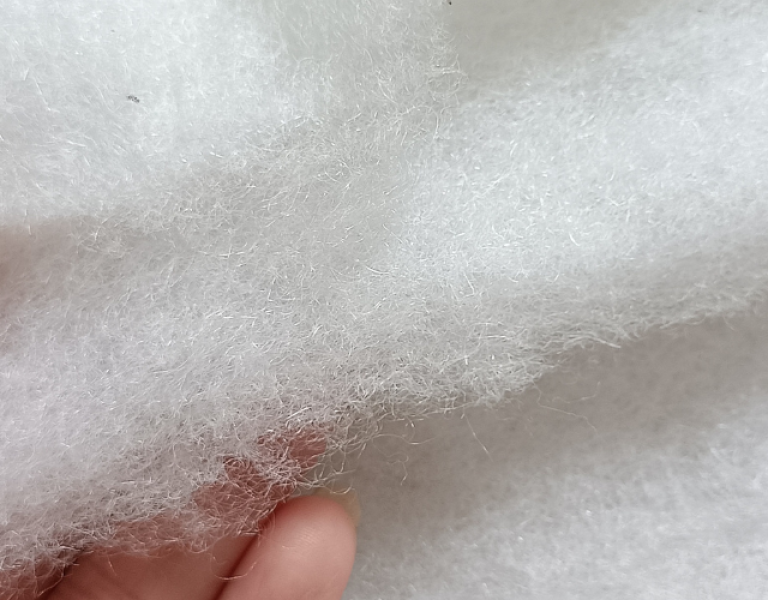Antibacterial Car Seats: Enhancing Comfort and Hygiene in Vehicles
The use of chitosan antibacterial fibers is not limited to traditional textiles; it can also revolutionize industries like automotive design. Antibacterial car seats equipped with chitosan-treated fabrics can drastically improve both comfort and hygiene for drivers and passengers alike.
Car interiors, especially seats, are subject to frequent contact and can harbor bacteria, allergens, and odors over time. By integrating chitosan fibers into seat fabrics, antibacterial protection is built directly into the material. This helps to reduce the accumulation of harmful microbes and maintain a cleaner, fresher interior environment. The benefits of antibacterial car seats include:
- Enhanced Hygiene: Chitosan fibers actively fight against the growth of bacteria, preventing the buildup of germs and allergens on car seats, which can be particularly beneficial for families, allergy sufferers, or those who spend extended time in their vehicles.
- Odor Resistance: Chitosan’s natural anti-odor properties help keep car interiors smelling fresh for longer, even in warm climates or after extended use.
- Sustainability: As with other textile applications, the eco-friendly nature of chitosan fibers makes them an excellent choice for automotive interiors. Car manufacturers can meet consumer demand for greener, healthier materials while maintaining high-quality performance.
Chitosan can be used to impart automotive textiles with antibacterial properties. Automotive interiors are made up of various textile materials, all of which can host microorganisms, bacteria, and odors.
During the finishing processes of automotive textiles, chitosan and chitosan compounds can be added to provide antimicrobial finishes to the fabric.


